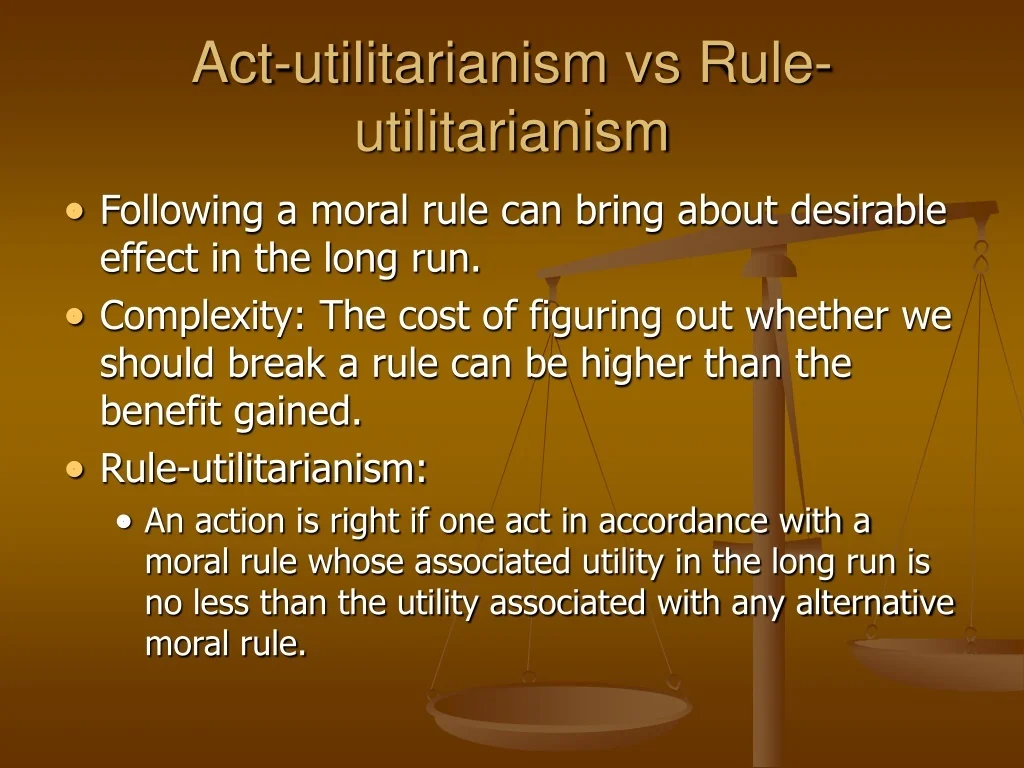The concept of utilitarianism, which aims to maximize overall happiness or well-being, has been debated and refined by philosophers over the centuries. Among the key figures who have contributed to the development of this ethical theory are several classical utilitarians whose ideas continue to influence contemporary discussions in ethics, politics, and economics. This article will delve into the thoughts and contributions of five key classical utilitarians: Jeremy Bentham, John Stuart Mill, Henry Sidgwick, William Godwin, and James Mill.
Foundations of Utilitarian Thought

Utilitarianism, at its core, is the idea that actions are right if they promote happiness and wrong if they produce unhappiness. This principle guides the moral and political philosophies of the utilitarians. Each of the five thinkers discussed here has built upon, modified, or critically examined this foundational idea, contributing to a rich and nuanced understanding of utilitarian ethics.
Jeremy Bentham: The Founder of Modern Utilitarianism
Jeremy Bentham (1748-1832) is often regarded as the father of modern utilitarianism. His most famous work, “An Introduction to the Principles of Morals and Legislation” (1789), systematically lays out the principles of utilitarianism. Bentham argued that the rightness or wrongness of an action should be determined by its tendency to increase or decrease the happiness of the parties involved. He proposed the “hedonic calculus” as a method to quantify and compare the pleasure and pain resulting from different actions, with the goal of maximizing overall happiness.
| Utilitarian Principle | Description |
|---|---|
| Hedonic Calculus | A method proposed by Bentham to calculate the amount of pleasure or pain resulting from an action. |
| Act Utilitarianism | The belief that the right action is the one that maximizes overall happiness in a given situation. |

John Stuart Mill: Refined Utilitarianism
John Stuart Mill (1806-1873), a student of Bentham’s ideas, further developed and refined utilitarian theory. In his work “Utilitarianism” (1861), Mill addressed criticisms of Bentham’s hedonism and provided a more nuanced view of happiness. Mill argued that the quality of pleasure is as important as its quantity, distinguishing between higher and lower pleasures. He also emphasized the importance of individual liberty and the protection of minority rights, contributing to a broader discussion on the relationship between utilitarianism and political freedom.
Henry Sidgwick: The Synthesis of Utilitarian and Intuitive Ethics
Henry Sidgwick (1838-1900) attempted to reconcile utilitarianism with other ethical theories, particularly intuitionism. In “The Methods of Ethics” (1874), Sidgwick critically examined the ethical systems of his time, including egoism, intuitionism, and utilitarianism. He concluded that while utilitarianism is the most rational ethical theory, it faces significant challenges in practice, such as the difficulty of predicting the consequences of actions and the need for a more nuanced understanding of human motivation and happiness.
William Godwin: Radical Utilitarianism and Anarchism
William Godwin (1756-1836) was an early utilitarian thinker who also embraced anarchist ideals. In his influential work “Enquiry Concerning Political Justice” (1793), Godwin argued that the goal of human action should be to maximize the general happiness. He believed that government and social institutions often hinder the pursuit of happiness and advocated for the abolition of these institutions to allow for a more natural, reason-guided human society.
James Mill: Utilitarianism and Education
James Mill (1773-1836), the father of John Stuart Mill, was a significant figure in the development of utilitarian thought, particularly in the areas of education and psychology. His work “Analysis of the Phenomena of the Human Mind” (1829) explored the principles of human psychology, laying groundwork for later discussions on the role of education in shaping individual and societal happiness.
Key Points
- Jeremy Bentham founded modern utilitarianism with his principle of maximizing overall happiness.
- John Stuart Mill refined utilitarianism, emphasizing the quality of pleasure and individual liberty.
- Henry Sidgwick attempted to reconcile utilitarianism with other ethical theories, recognizing its challenges and limitations.
- William Godwin advocated for a radical form of utilitarianism, combining it with anarchist principles to argue for the abolition of government and social institutions.
- James Mill contributed to utilitarian thought through his work on education and psychology, influencing his son John Stuart Mill's philosophical development.
These five classical utilitarians have significantly shaped the philosophical landscape of ethics, politics, and economics. Their contributions not only refined the concept of utilitarianism but also expanded its scope, addressing criticisms and incorporating insights from other ethical theories. As such, their works continue to be studied and debated, offering valuable perspectives on how to maximize happiness and well-being in individual and societal contexts.
What is the core principle of utilitarianism?
+The core principle of utilitarianism is that actions are right if they promote happiness and wrong if they produce unhappiness, with the goal of maximizing overall happiness.
How did Jeremy Bentham contribute to utilitarianism?
+Jeremy Bentham contributed to utilitarianism by systematically laying out its principles in his work "An Introduction to the Principles of Morals and Legislation" and proposing the "hedonic calculus" to quantify pleasure and pain.
What is the distinction between act and rule utilitarianism?
+Act utilitarianism holds that the right action is the one that maximizes overall happiness in a given situation, whereas rule utilitarianism argues that the right action is the one that conforms to a rule that, if universally followed, would maximize happiness.
In conclusion, the contributions of these five classical utilitarians have been instrumental in shaping the development of utilitarian thought. Their ideas, while subject to criticism and refinement, continue to influence contemporary ethical, political, and economic discussions, highlighting the enduring relevance of utilitarianism in addressing the fundamental question of how to achieve the greatest happiness for the greatest number.

